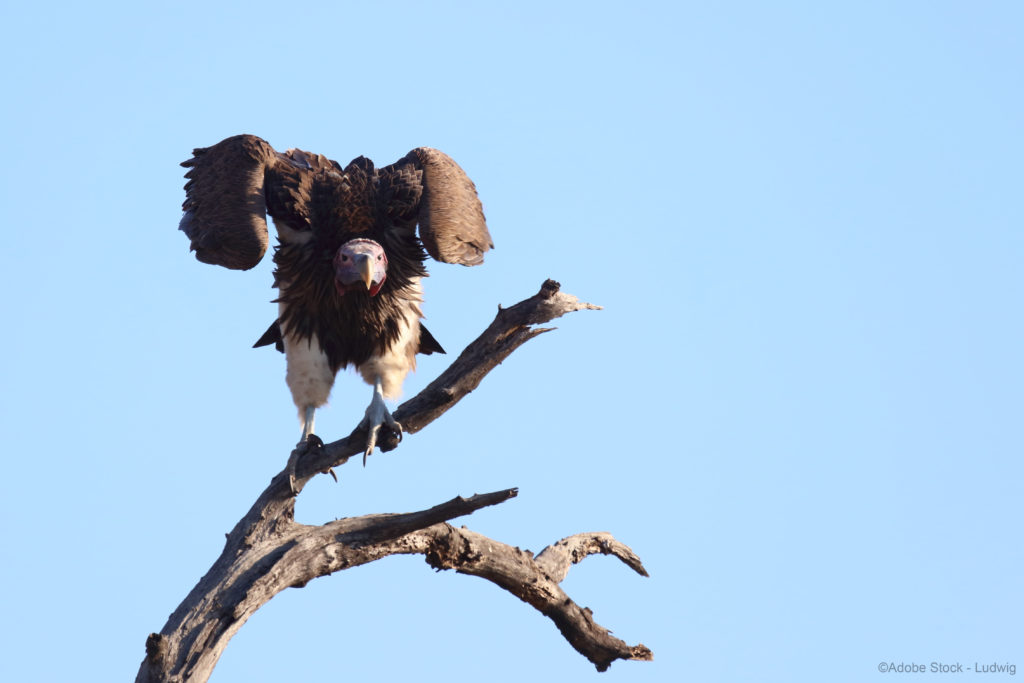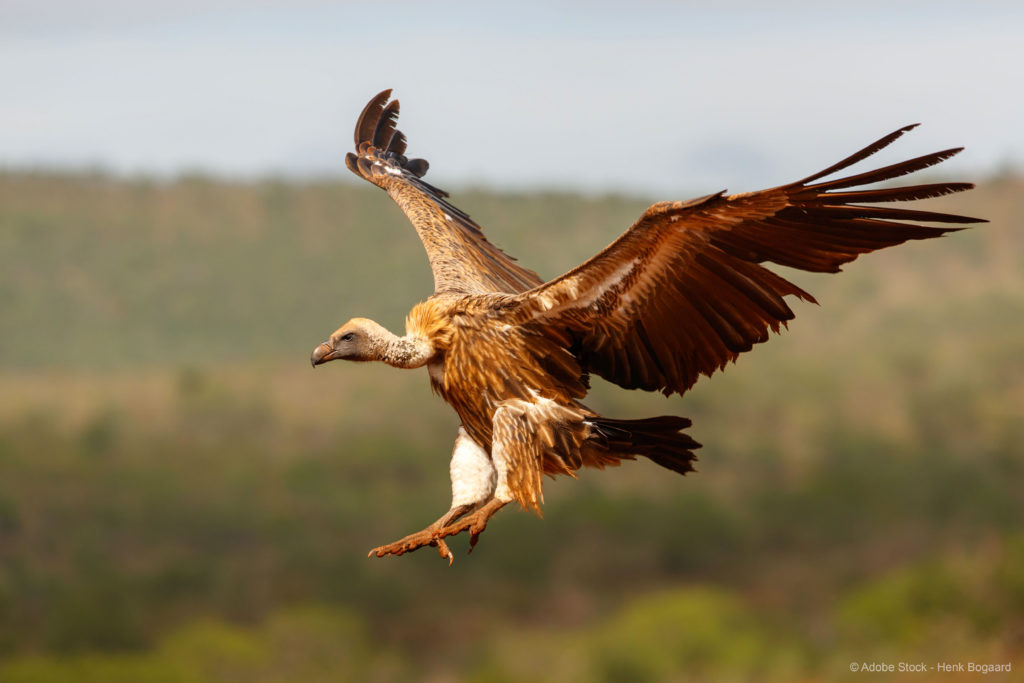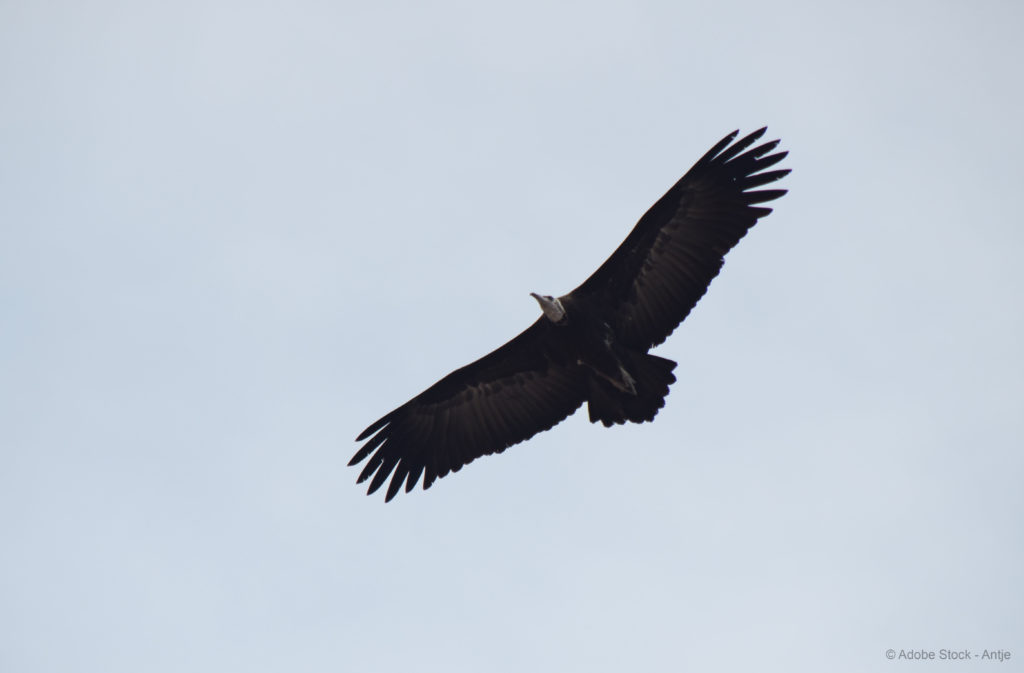ZEISS and NABU jointly protect vultures in Kenya
Eurasian Black Vultures and Eurasian Griffons are the most mighty and impressive bird species of Europe. Watching their flight is imposing and captives one.
There are eleven different vulture species in Africa, for which the population has reduced by 65-80 percent in the last 20 years. Alone in Kenya six out of eight species are now classified as critically endangered. To this sad top list belong the Rüppel’s Griffon, African White-backed Vulture, Hooded Vulture, White-headed Vulture and the Lappet-faced Vulture. The Bearded Vulture is already extinct in Kenya.

What puts the vultures in Africa so much under pressure that their population is endangered? Unfortunately, the reasons are diverse and hard to get a grip on. One of the most important reasons is the tension between people and wild animals. Predators like lions, leopards, cheetahs and hyenas eat domestic animals, which leads the owners of the domestic animals to poison the wild animals. When vultures eat the carrion of the poisoned animals they also die from the poison, which was not meant for them. Here the positive function of the vultures as “health police”, which is often underestimated in their function for humankind and domestic animals, gets fatal for them. Usually, vultures prevent harmful germs from spreading, which could endanger people and animals.

In addition, there is the topic of poachers killing vultures in order to cover up their tracks from the rangers in protected areas. A larger number of vultures would make rangers suspicious regarding killed animals. Unfortunately, the international trade in vulture body parts used in traditional medicine or for practicing various rituals in superstition, has increased. That is why poachers find customers for the results of their criminal behavior. In addition to all the targeted human encroachment, the consequences of human life pose a threat to vultures: power lines cause electrocution and the different form of using land deprives vultures from their nutritional base.
An exclusive, safe restaurant for vultures
So what – can be done to improve the situation for vultures? For this – goal a unique cooperation has formed of the German organization NABU International Nature Foundation together with Mugie Conservancy, the Cranes Conservation Volunteers and the Kenya Wildlife Services, who are also financed by ZEISS. In the North of Kenya, in the region of Leikipia, the cooperation develops a prototype – for a safe and guaranteed poison-free feeding station for endangered vultures and other birds of prey in Kenya. This is the basis for new, identified safe vulture zones in Northern Kenya.

ZEISS funds support the funding of a local employee who works to protect the species of vultures and other birds of prey. There will be awareness campaigns in the local communities and – for farmers about the ecological value and the importance of vultures and birds of prey regarding health protection of people and domestic animals. Farmers also learn how to correctly dispose poisoned birds and mammals. But it is not only about awareness as the farmers need practical support, which they get with safe fences to keep away predators.
In schools the kids learn early in life in different teaching units about birds of prey and get the chance to provide the birds a better future for conserving their species. In addition, the vulture feeders with non-toxic meat, which are set up and thus represent a kind of restaurant with risk-free enjoyment for the birds, are crucial.
About Post Author
Visits on this Page:7085